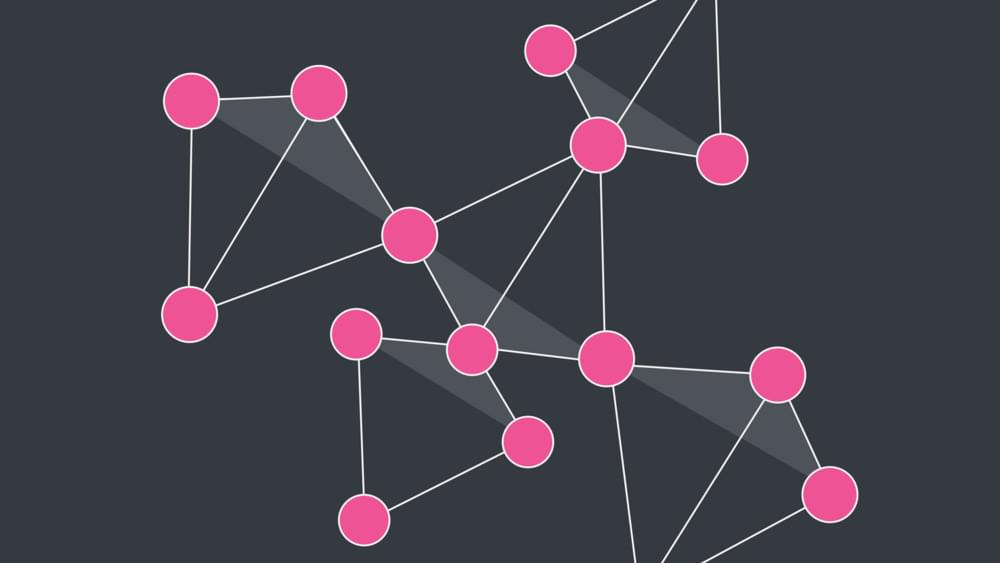How do we assess quantum advantage when exact classical solutions are not available?
A quantum advantage is a demonstration of a solution for a problem for which a quantum computer can provide a demonstrable improvement over any classical method and classical resources in terms of accuracy, runtime…
Today, algorithms designed to solve this problem mostly rely on what we call variational methods, which are algorithms guaranteed to output an energy for a target system which cannot be lower than the exact solution — or the deepest valley — up to statistical uncertainties. An ideal quality metric for the ground state problem would not only allow the user to benchmark different methods against the same problem, but also different target problems when tackled by the same method.
So, how can such an absolute metric be defined? And what would be the consequences of finding this absolute accuracy metric?
We construct our accuracy metric from an estimation of the energy and its variance for any specific algorithm used to solve the ground state problem, with additional parameters of the system such as the size and the nature of its interactions. We call this metric “variational-score,” or and show that it is an absolute metric for this benchmark.
